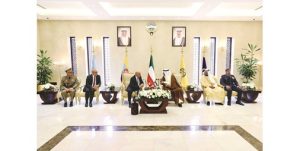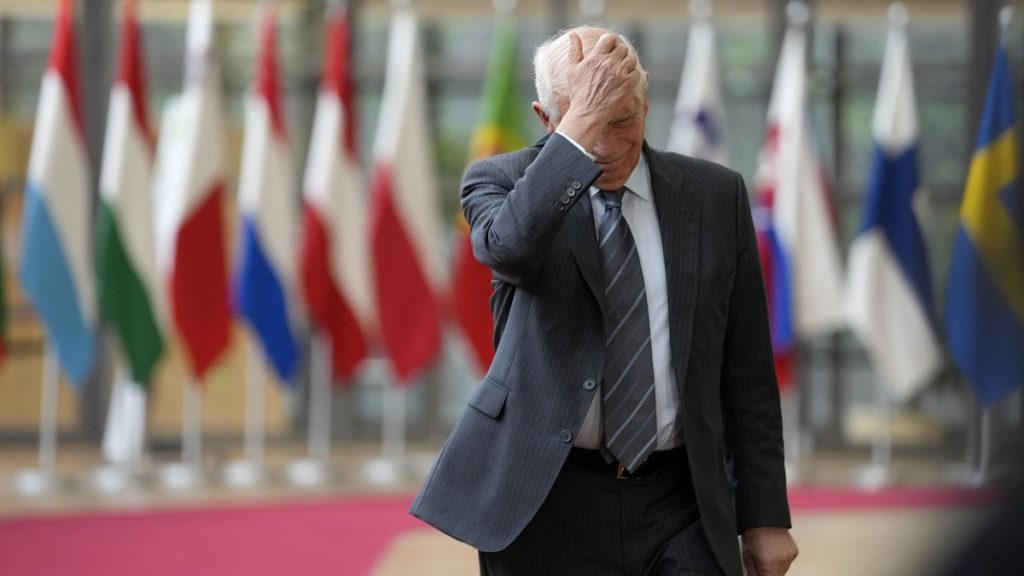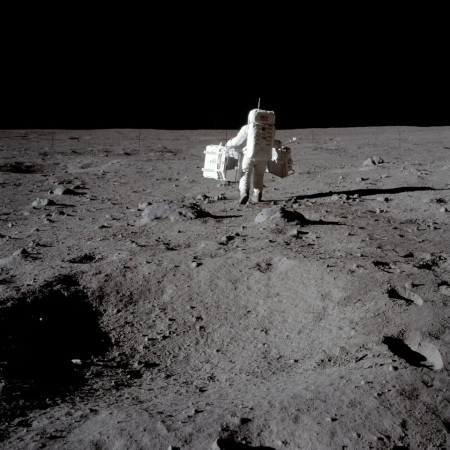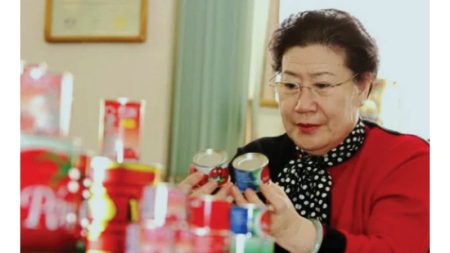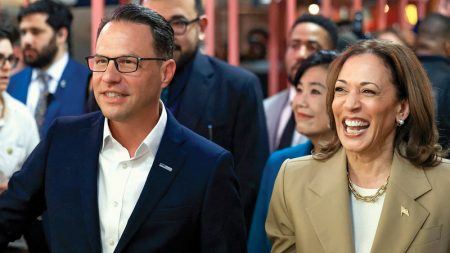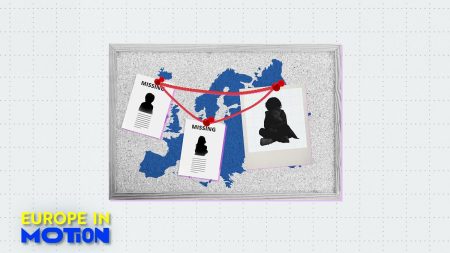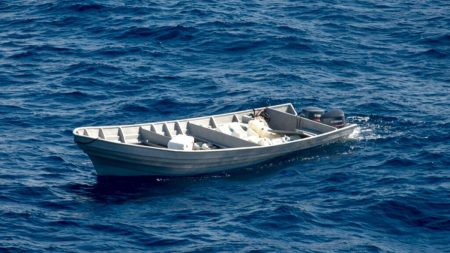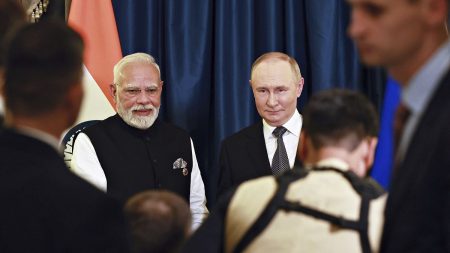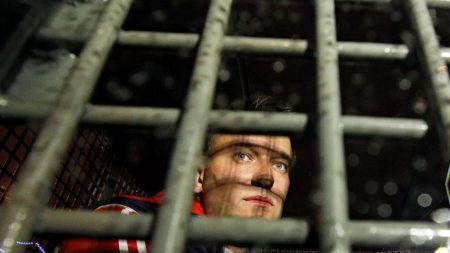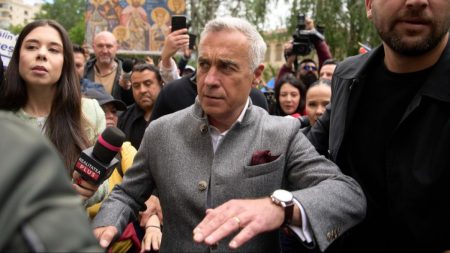Summarize this content to 2000 words in 6 paragraphs in Arabic
The crisis in the Middle East, the Franco-German vision for the next mandate and the upcoming EU elections were among the key topics discussed around Brussels this week.
ADVERTISEMENTIn this edition of State of the Union we focus on the EU’s efforts to find diplomatic solutions for the Middle East crisis, Emmanuel Macron’s visit to Germany, and how the European elections might change EU foreign policy in the future.How to reign in the warring parties in the conflict between Israel and Hamas was, once again, on top of the EU diplomatic agenda this week.One proposal was to revive a European border assistance mission at the Egypt-Gaza border, a second was a joint conference on how to implement a two-state solution. Another one was to review the EU-Israel Association Agreement which regulates trade between the two sides.Meanwhile, despite decisions by two international courts, the violence continued.Israel’s Prime Minister Netanyahu criticised as the decisions as “new antisemitism” – which prompted a sharp rebuke by EU foreign policy chief Josep Borrell.“The prosecutor of the court has been strongly intimidated and accused of antisemitism, as always when everybody, everyone does something that the Netanyahu government doesn’t like,” Borrell said.”I think that the accusation of antisemitism against the prosecutor, the International Criminal Court, is completely not acceptable,” he added.The Franco-German engineAnother top story this week was Emmanuel Macron’s trip to Germany, the first state visit of a French president in 24 years.Macron met ordinary people, posed for pictures and exchanged football jerseys with the German president – as if we needed a reminder that the Euro 2024 kicks off in two weeks – in Germany!Macron’s political messages were strongly pro-European, pro French-German and anti-authoritarian – with Hungary’s Viktor Orbán clearly in mind:“Let’s look around us at this fascination for authoritarian regimes. Look at Europe and the illiberal moment we’re going through. Some say – including just a few kilometres away – in fact, let’s take Europe’s money, but never mind about the independence of judges. Let’s take Europe’s money but forget about freedom of the press. Let’s take Europe’s money but forget about cultural diversity.”Whether Macron’s strong words will have an impact on the European elections next week remains to be seen.Polls suggest that Europe will tilt to the far right. Could this affect the EU foreign policy and diplomacy?A geopolitical EuropeWe wanted to know from Sven Biscop, political scientist at Ghent University and director of the Europe in the World programme at the Egmont Royal Institute for International Relations in Brussels. Euronews: You’re out with a new book on EU foreign policy called “This is not a new world order – Europe rediscovers geopolitics, from Ukraine to Taiwan”. Tell us what exactly Europe has discovered?Biscop: I think for a long time Europe forgot about geopolitics. And then suddenly, after the Russian invasion of Ukraine, we realised it’s actually quite important to know where are the resources that I need to import or my export markets, where are my friends, where are my enemies? Where are all the lines that connect them because that creates specific vulnerabilities? So, it’s really key to know them. But maybe now we’re overdoing it a little bit.Euronews: Based on this, what role does Europe want to play going forward? In 2019, Ursula von der Leyen spoke about a geopolitical Union.Biscop: That’s my point. It’s really important that we know what our geopolitical situation is. But geopolitics is not strategy. You then still have to choose how do you deal with these geopolitical problems, you are trying to solve them by going to war and you try to solve them by offering an association agreement. So my feeling is the EU lost the narrative a little bit. We say we want to be geopolitical, apparently meaning we want to be more assertive, I fully agree. But assertive for what purpose?ADVERTISEMENTEuronews: Governments come and go, but interests of countries never change – how about the EU, did its interests change over the past five years?Biscop: I don’t think so. And one of our main interests that we should not forget is to keep the world together. With that I mean avoid that the world falls apart again in two rival blocs that decouple from each other, because that would be an economic disaster for Europe in the first place. And I think it’s important that we remember that if we can avoid it, we try to keep the world together. And it’s definitely not in our interest to launch a new, global confrontation or a new global Cold War.Euronews: In just a few days, Europeans will head to the polls again. To what extent will the outcome of the election change the EU’s foreign policy position?Biscop: Very crucial is the composition of the European Parliament, because without a parliament you cannot make treaties. For example, China managed to antagonise the European Parliament entirely by sanctioning members of parliament. What would be the view of the new parliament on China? And will China be clever and say, well, those sanctions were against the previous parliament. We have a new parliament now, so we drop them. That would be my advice. If China is serious about revamping the relationship.’Behold the Man’Before we go, here’s a spectacular story from the art world.ADVERTISEMENTAt Madrid’s Prado Museum, a restored masterpiece by Italian Renaissance artist Caravaggio went on display to the public for the first time this week.“Ecce Homo”, Latin for “Behold the Man”, was thought to be lost, until it resurfaced at an auction three years ago.The priceless painting was mistakenly attributed to an unknown artist and almost sold for €1,500 but the Spanish government blocked the auction at the last minute on concerns it was actually a Caravaggio.The dark, atmospheric canvas depicts a blood-stained Jesus wearing a crown of thorns, his hands tied, just before his crucifixion.The painting was originally part of the private collection of the Spanish kings, then traded hands a lot – only to disappear from sight for almost two hundred years.ADVERTISEMENTThe new owner, whose identity was not revealed, was generous enough to lend it to the Prado for nine months – after reportedly buying “Ecce Homo” for €36 million.
رائح الآن
rewrite this title in Arabic State of the Union: EU struggles for the right Middle East policy
مقالات ذات صلة
مال واعمال
مواضيع رائجة
النشرة البريدية
اشترك للحصول على اخر الأخبار لحظة بلحظة الى بريدك الإلكتروني.
© 2026 جلوب تايم لاين. جميع الحقوق محفوظة.
